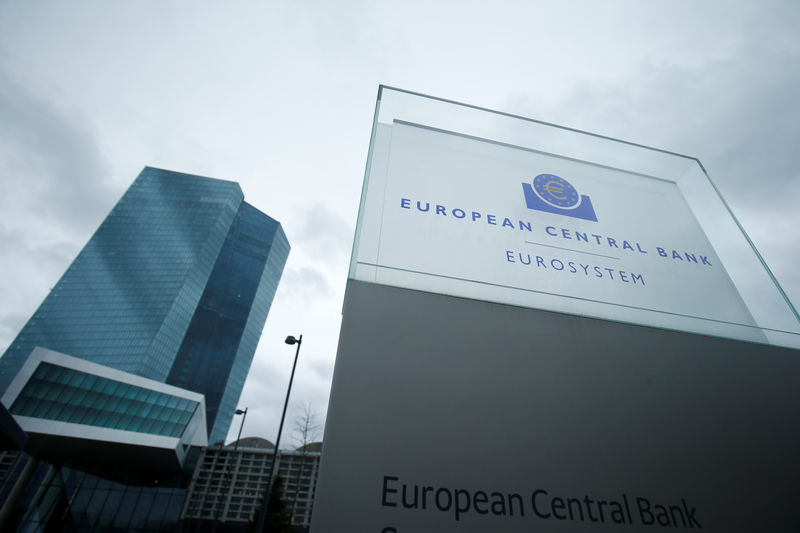Investing.com’s stocks of the week
By Steven Scheer
JERUSALEM (Reuters) - Workers at Israel's Teva Pharmaceutical Industries (TA:TEVA) protested pending job cuts for a second straight day on Monday, blocking roads and shutting down a number of the drugmaker's plants nationwide.
Hundreds of Teva (N:TEVA) employees, many wearing white lab coats, blocked the road and entrance to the finance ministry in Jerusalem, where union leaders were set to meet with finance and economy ministry officials and Teva representatives.
Debt-ridden Teva, the world's largest generics drugmaker, said last week it would cut its global workforce by more than a quarter, or 14,000 jobs, including 1,700 in Israel where it will also close a manufacturing site. The plans have angered unions and politicians, who believe employees should not pay for the company's failed investments abroad.
Prime Minister Benjamin Netanyahu said on Sunday that he planned to meet with Teva CEO Kare Schultz this week to try and minimize the impact on staff, after thousands of workers belonging to public sector unions staged a half-day strike on Sunday to show solidarity with Teva workers. The strike forced closure of Ben-Gurion airport, banks, the Tel Aviv Stock Exchange and all government ministries.
Teva is one of the biggest employers in Israel. Avi Nissenkorn, head of the Histadrut, the umbrella organization for all public sector unions, said "job cuts were a last resort" and called on the government to minimize harm to workers and ensure Teva's plants remain in Israel.
Workers at Teva Medical blocked an entrance to the port city of Ashdod and the company's headquarters, and two other plants were shutdown. At its Jerusalem plant, hundreds of workers have been holed up since Sunday and the facility was likely to remain closed on Monday.
At a plant in Kfar Saba, 250 staff planned to stop work between 1200 p.m and 4 p.m (1000-1400 GMT) while protests will take place throughout the day at other Teva facilities, according to Histadrut.
The layoffs stem from Teva taking on $35 billion in debt to acquire Allergan’s (N:AGN) Actavis generic drug business for $40.5 billion last year, a move that coincided with rapidly declining generic drug prices in the United States and the start of competition to its blockbuster multiple sclerosis drug Copaxone.
Under a two-year restructuring plan, Teva plans to reduce its cost base by $3 billion by the end of 2019, from an estimated $16.1 billion for 2017.
